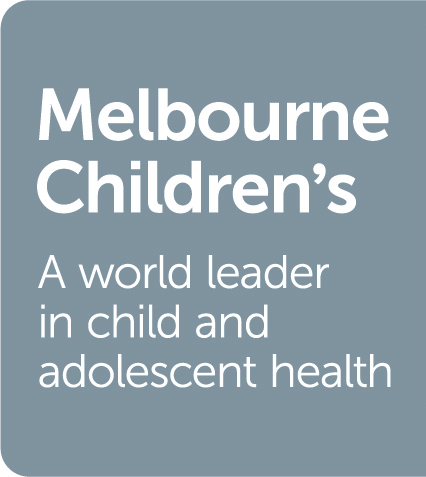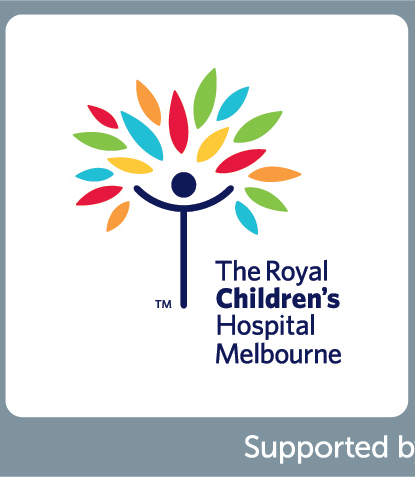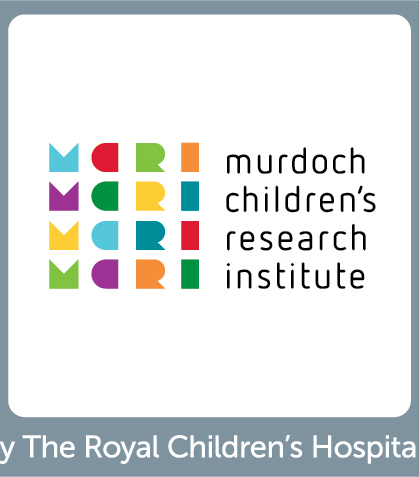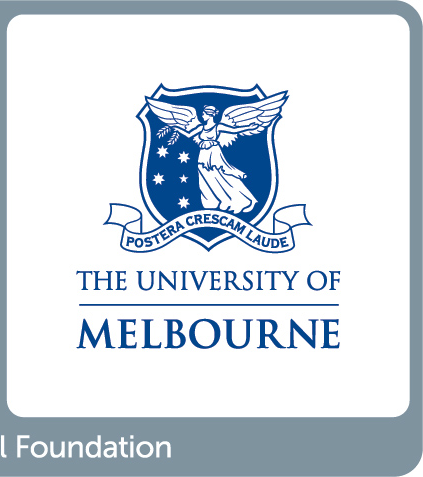CAP and NICAP: Psychosocial wellbeing
| Relevant LifeCourse Constructs | Year | 2011-2012 | 2013-2014 | 2014-2016 | 2014-2016 | 2016-2017 | 2016-2017 | 2018-2019 | 2018-2019 |
|---|---|---|---|---|---|---|---|---|---|
| Wave | 1 (CAP) | 2 (CAP) | 3 (CAP) | 3a (NICAP) | 4 (CAP) | 4a (NICAP) | 5 (CAP) | 5a (NICAP) | |
| Age | 7 years | 8.5 years | 10 years | 10 years | 11.5 years | 11.5 years | 13 years | 13 years | |
| N | Total: 497 Cases: 179 Controls: 212 High risk: 100 |
Total: 485 Cases: 206 Controls: 174 High risk: 83 |
Total: 481 Cases: 167 Controls: 192 High risk: 80 |
Total: 122 Cases: 59 Controls: 54 High risk: 6 |
Total: 122 Cases: 59 Controls: 54 High risk: 6 |
Total: 122 Cases: 59 Controls: 54 High risk: 6 |
|||
| Emotional adjustment | P:CAARS P | P:CAARS P | P:CAARS P | P:CAARS P | P:CAARS P | ||||
| Emotional wellbeing | P:LSAC M | ||||||||
| Level of optimism | S:ATSS I P:LOT-R P | S:ATSS I P:LOT-R P | S:ATSS I | S:ATSS I | S:ATSS I | S:ATSS I | |||
| Life events | P:LTE P | P:LTE P | P:LTE P | P:LTE P | P:LTE P | P:LTE P | |||
| Prosocial behaviour | P:SDQ I T:SDQ I | P:SDQ I T:SDQ I P:SEQ I T:SEQ I | P:SDQ I T:SDQ I P:SEQ I T:SEQ I | P:SDQ I T:SDQ I P:SEQ I T:SEQ I | P:SDQ I P:SEQ I | P:SDQ I P:SEQ I | P:SDQ I | P:SDQ I | |
| Psychosocial functioning | P:SDQ I T:SDQ I P:PedsQL 4.0 I | P:SDQ I T:SDQ I P:PedsQL 4.0 I | P:SDQ I T:SDQ I P:PedsQL 4.0 I | P:SDQ I T:SDQ I P:PedsQL 4.0 I | P:SDQ I P:PedsQL 4.0 I | P:SDQ I P:PedsQL 4.0 I | P:SDQ I P:PedsQL 4.0 I | P:SDQ I P:PedsQL 4.0 I | |
| Quality of Life | P:PedsQL 4.0 I | P:PedsQL 4.0 I | P:PedsQL 4.0 I | P:PedsQL 4.0 I | P:PedsQL 4.0 I | P:PedsQL 4.0 I | P:PedsQL 4.0 I | P:PedsQL 4.0 I | |
| Self-esteem | S:SPPC-GSW I | ||||||||
| Sense of identity | P:CAARS P | P:CAARS P | P:CAARS P | P:CAARS P | P:CAARS P | ||||
| Social skills | O:SCQ I O:CELF-4 I | O:SCQ I | O:SCQ I O:CELF-4 I | O:SCQ I O:CELF-4 I | O:SCQ I O:CELF-4 I | O:CELF-4 I | |||
Featured measurements
- ATSS
-
: Attitudes to School Scale - CELF-4
-
: Clinical Evaluation of Language Fundamentals: Fourth Edition - CAARS
-
: Conners' Adult ADHD Rating Scales - LOT-R
-
: Life Orientation Test-Revised - LTE
-
: List of Threatening Experiences - LSAC
-
: Longitudinal Study of Australian Children-devised measure - PedsQL 4.0
-
: Pediatric Quality of Life Inventory – 4.0 Generic Core Scales - SPPC-GSW
-
: Self-Perception Profile for Children - Global Self-Worth - SCQ
-
: Social Communication Questionnaire - SEQ
-
: Social Experience Questionnaire - SDQ
-
: Strengths and Difficulties Questionnaire
Legend
- B
= Biosample collected- BA
= Biosample analysis- G
= Grandparent(s) completed questionnaire- L
= Data linkage- N
= Nurse completed questionnaire- O
= Observation or direct assessment- Of
= Offspring completed questionnaire- P
= Parent/guardian completed questionnaire- Pe
= Peer completed questionnaire- R
= Records abstraction- S
= Self (primary participant) completed questionnaire- T
= Teacher completed questionnaire- X
= Other source- X F
-
= Pertains to father - X Fam
-
= Pertains to family - X G
-
= Pertains to grandparent(s) - X I
-
= Pertains to primary participant - X IP
-
= Pertains to partner - X M
-
= Pertains to mother - X O
-
= Pertains to offspring - X P
-
= Pertains to parent/guardian(s) - X Pe
-
= Pertains to peers - X Si
-
= Pertains to sibling(s) - X T
-
= Pertains to teacher(s) - X X
-
= Pertains to other reportees
Metadata presented by LifeCourse provides a crucial first step in understanding the available data across studies. It does not take the place of detailed study documentation, which should always be consulted during design and analysis.



